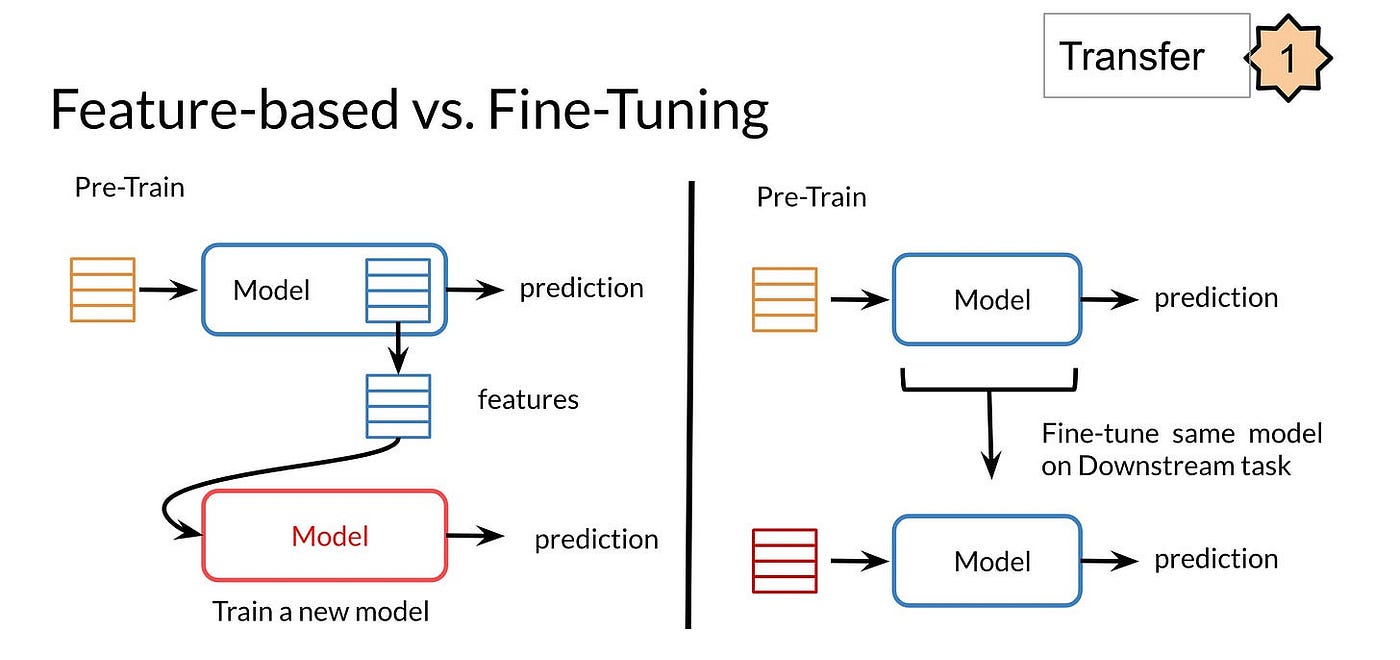Fine-tuning is the process of making small adjustments to a computer system in order to improve performance or functionality. This is often done after the initial setup of the system, when it is necessary to modify the settings slightly to fine-tune the system’s performance or features. Common examples of fine-tuning include changing the processor speed, adjusting the amount of RAM (Random Access Memory) used, changing the graphics settings, and optimizing the system for gaming.
Fine-tuning is an important part of optimizing a system, and can also help to reduce problems such as lag and freezing. The process of fine-tuning can be time consuming, but is essential for the smooth operation of the system. It is also important to remember that, while making adjustments to the settings of a computer, they should be done with care, as incorrect adjustments can lead to further problems and errors.
Many of today’s computer operating systems come with tools that make the process of fine-tuning easier. For example, Microsoft Windows has an Advanced System Settings tool, which allows users to adjust settings such as memory usage and processor speed. Additionally, many computer component manufacturers also offer fine-tuning tools that are specific to their components, such as graphics cards.
In conclusion, fine-tuning is the process of making small adjustments to a computer system in order to improve performance or functionality. These adjustments can be done manually, or with the assistance of tools provided by the operating system or component manufacturers. The importance of fine-tuning is often underestimated, but it is an essential part of optimizing any computer system.





